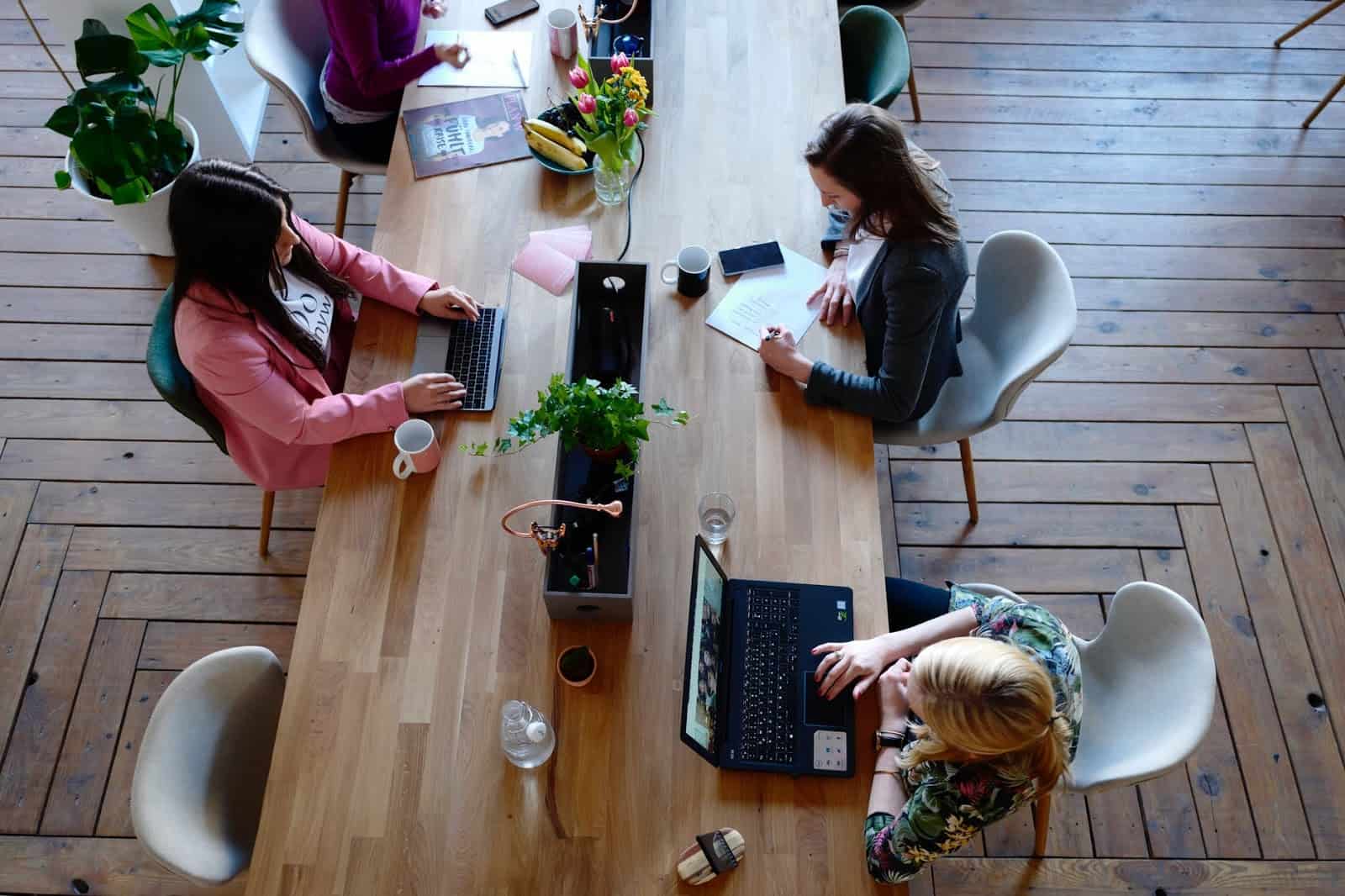It may not be obvious, but COVID-19 has put a big burden on workplace operations. How employees interact with their workplace has changed—if they go to a physical location at all. Even those returning to work aren’t heading back to an environment they once knew. Social distancing, contact tracing, and intense cleaning protocols define a “new normal” for workplace management.
Another change: the increased use of hotel desks . While not a novel concept, hoteling may be new to employees. It’s the job of facilities managers and team leaders to illustrate how it works, convey the benefits, and provide support as employees acclimate to this new normal. Support from executive leadership, combined with the inherent benefits of hoteling, provides peace of mind at a time when anxiety is ever-present.
. While not a novel concept, hoteling may be new to employees. It’s the job of facilities managers and team leaders to illustrate how it works, convey the benefits, and provide support as employees acclimate to this new normal. Support from executive leadership, combined with the inherent benefits of hoteling, provides peace of mind at a time when anxiety is ever-present.
The practice has existed for more than 20 years, originating to help small companies stay agile in tight confines. Today, COVID-19 has illuminated the positive qualities of hoteling on a larger scale. Simply put, hoteling helps companies do more with less due to social distancing guidelines while keeping employees as safe as possible.
Flexibility is Key
The governing principle behind hoteling is keeping it flexible yet organized. Because employees need to reserve desks and facilities managers must govern use to meet strict safety guidelines, there’s a defined underlying system that supports surface flexibility.
This flexibility is critical in workplaces facing occupancy reductions due to COVID-19. Your 200-person workplace may only support 100 under CDC workplace social distancing guidelines . As companies ease employees back to work, hoteling makes finding the right place to work easy for each person. This same principle applies to offset scheduling, which allows companies to bring back more of their workforce with fewer available desks by offering different shifts.
. As companies ease employees back to work, hoteling makes finding the right place to work easy for each person. This same principle applies to offset scheduling, which allows companies to bring back more of their workforce with fewer available desks by offering different shifts.
Hoteling also means better control over available space. Spaces meant only for certain departments or groups may have restricted booking, while others may be offline at routine intervals for cleaning. Though they’re working with less space, companies have better control over that space, including who uses it, when, and how they access it. It’s a boon for space utilization and for COVID-19 protocols and controls.
Ultimately, hoteling is a solution for companies operating with social distancing restrictions, as well as those who’ve already downsized facilities as a cost-cutting initiative.
COVID-19 and Contract Tracing
The term “pandemic management” applies to a broad array of duties, including sanitization and contact tracing. Facilities managers must keep workplaces safe and sanitary, and that starts with orchestrating a system of accountability. Hoteling offers built-in safeguards that lend credence to safety and productivity efforts.
Because hoteling operates via a reservation system, any desk reserved by any employee creates a data point. In the event of a confirmed COVID-19 case, contact tracing becomes simpler by reviewing logs to see where that employee sat, who was nearby, and what the risk of transmission or exposure may be for others. This is further supplemented by technologies like SVLive —a SpaceIQ product that converts office Wi-Fi and wired networks into smart sensors—to show who’s logged in and where in the workplace.
—a SpaceIQ product that converts office Wi-Fi and wired networks into smart sensors—to show who’s logged in and where in the workplace.
There’s also the prospect of real-time monitoring for social distancing compliance. Not only can facilities managers organize desks with safe distancing in mind, occupancy metrics will paint a real-time picture of how many employees are at work. Juxtapose that number to new occupancy standards to gauge if you’re accommodating employees and their work habits.
Perhaps the most underrated safeguard of hoteling is the ability to build sterilization routines into bookings. A desk might be unavailable after it’s occupied with scheduled sanitization between occupants to reduce possible exposure. Though simple in concept, it’s an effective form of pandemic management made possible through hoteling and developing processes
Preserve Workplace Culture, Lower Stress
Alongside the many practical benefits of hoteling during COVID-19, it’s important to not overlook the human element of workplace space management and seating.
Hoteling takes the unknowns of working during a pandemic and addresses them with order and structure. Employees may no longer have their own desk; now, they have the power to choose any workstation. They might work a flex shift, but control when they come in and for how long, based on desk availability. Even the broad range of desk configurations make the return to work more welcoming for employees who want to feel some control over their safety.
By Nai Kanell
Vice President of Marketing
SpaceIQ

